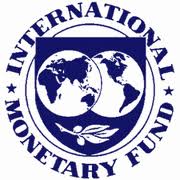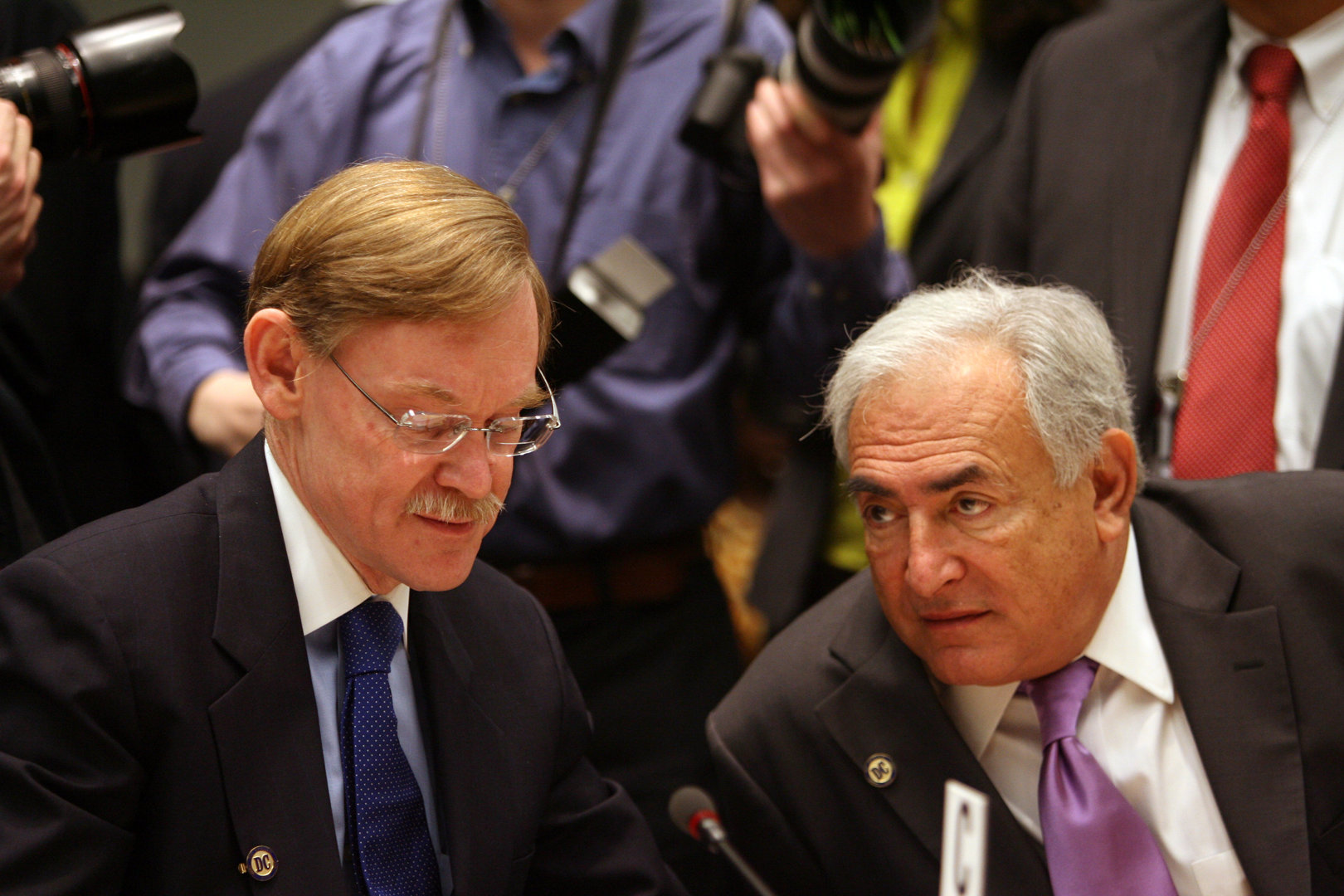Several major development and humanitarian organizations issued a call last week for discontinuing the “gentlemen’s agreement” that reserves the head of the IMF for a European national and opening up the candidate selection to all countries.
Oxfam, ActionAid, Bond, and the Jubilee Debt Campaign joined the Bretton Woods Project and almost twenty other civil society groups in calling for

“three key elements to ensuring a successful process next time: a focus on selecting the best candidate available; a clear, fair, and transparent process; and the legitimacy gained from the backing of a majority of countries as well as IMF voting shares.”
The paper notes a decade of recommendations from within the IMF calling for this particular governance:
- a 2001 proposal from a specially formed working group that was “endorsed” by the IMF Board,
- a 2007 press release before the the last selection noting that individuals could be nominated “without geographical preferences,”
- a 2008 report by the IMF’s Independent Evaluation Office recommending that “the competition should be open to candidates of all nationalities,”
- a 2009 expert committee report that concluded that “an open, transparent and merit-based selection process” should be an “essential” part of IMF governance reform, and
- a 2009 internal staff paper that again raised the issue.
You really cannot get much clearer and consistent recommendations than that. Yet, despite these repeated statements, the 2007 selection included only European candidates, Dominique Strauss-Kahn of France and Josef Tošovský of the Czech Republic.
(In addition, the outcome document of the 2008 G20 summit also called for “the heads and senior leadership of all international institutions should be appointed through an open, transparent and merit-based process.” While two Deputy Managing Directors appointed since 2008 were chosen outside any such transparent process, they were not European nationals, so there may be some hope at least on the geographic discrimination question.)
The twenty groups offered a list of four qualifications – or rather, a “person specification” — that they recommend nominees for top post should possess. These include experience in 1) running a powerful intergovernmental institution, 2) independence, 3) understanding of the key issues and 4) personal character.
The process recommended for the solicitation and evaluation of candidates reflects recent efforts by the UNelections Campaign on a number of high-level selections. They include calls for a open process with a widely advertised timetable, job description and application process, an independent search committee, allowing governments to nominate non-nationals and a published shortlist of candidates.
However – and I’m highly critical of this recommendation – they insist that the final vote should not utilize a secret ballot, calling instead for “governments [to declare] openly which candidate they back.” I’m critical of this as the use of secret ballots provide perhaps the simplest yet strongest means of undermining the corrupt practices of vote-trading and regional bloc voting that restricts governments from voting for the best candidates. They even recognize this, stating that
“Even the best designed process cannot eliminate the possibility for behind the scenes horse-trading and armtwisting by powerful governments acting in narrowly, or mistakenly defined self-interest.”
They point out that such practices have been overcome through “double majority” voting in terms of both individual governments and shares. They suggest that variations of this have been successfully used in the selection of senior officials at the InterAmerican Development Bank, the African Development Bank and the Asian Development Bank.
Nonetheless, I remain highly skeptical of this last recommendation, while supporting enthusiastically the overall call for reform and the impressive list of organizations involved with the campaign.





